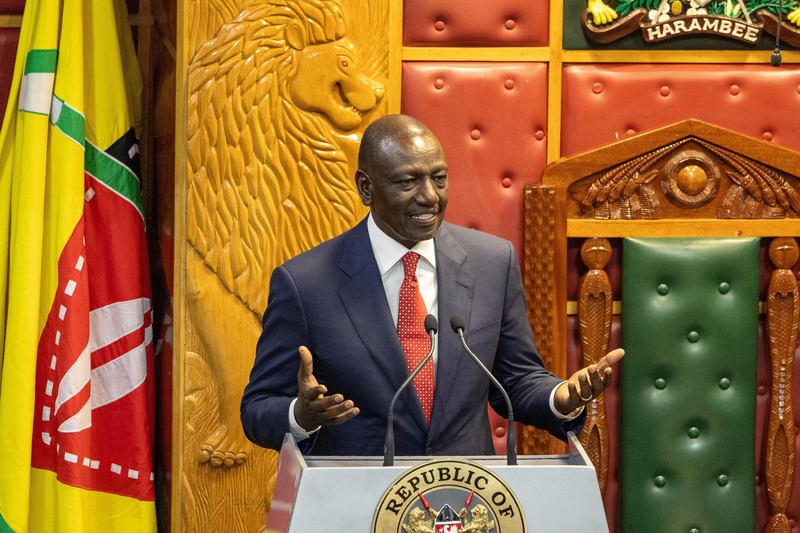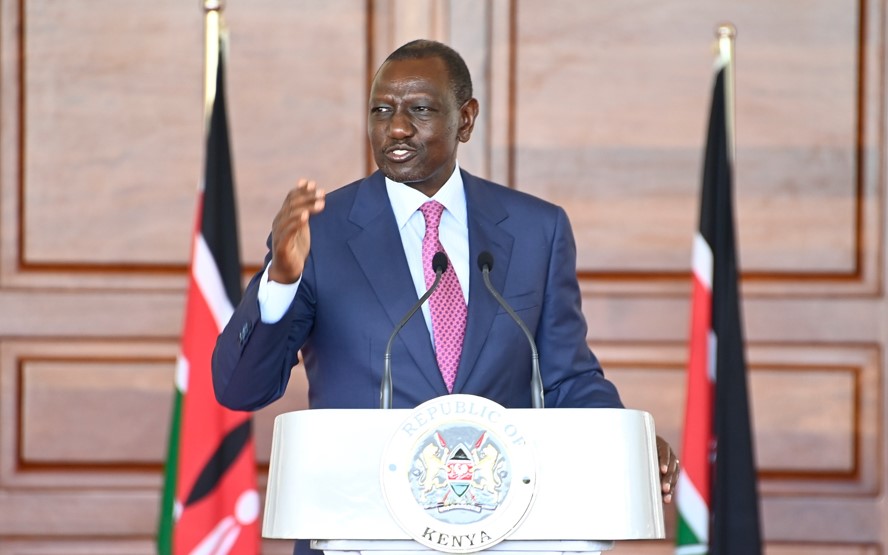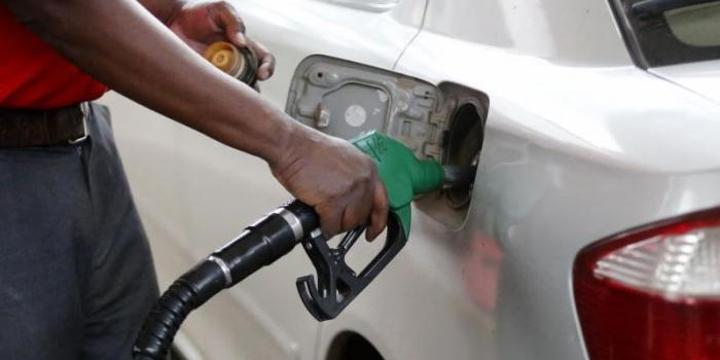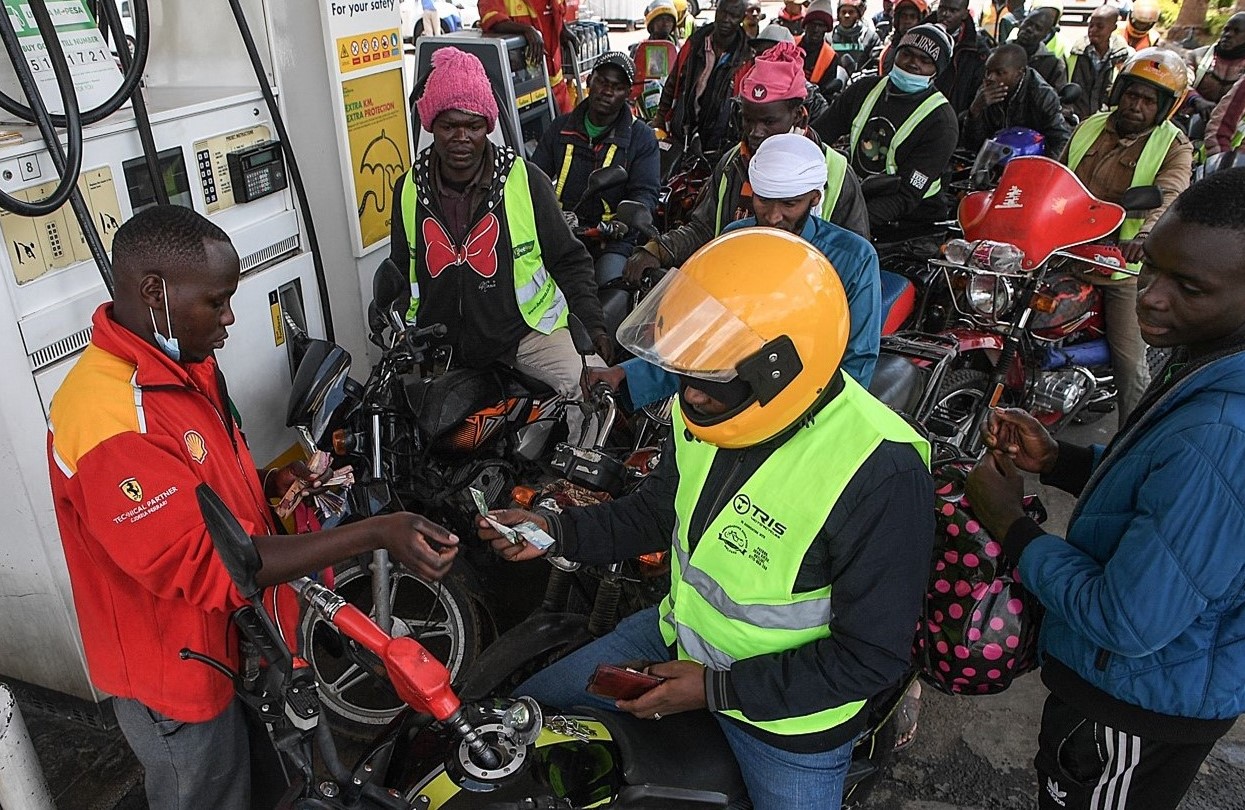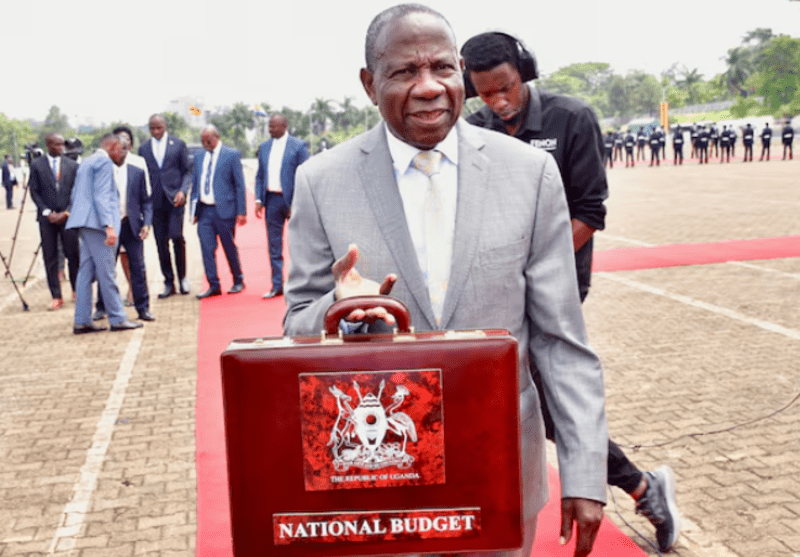Kenya's increased bond fees threaten fuel price relief for Ugandans

By Lucy Mumbi |
The move, doubling the previous requirement, is set to exacerbate costs for consumers, undermining Uganda's efforts to reduce pump prices.
Uganda is facing a rise in fuel prices despite the global drop as Kenya imposes a substantial $40 million (Sh5.1 billion) bond fee on fuel imports destined for Kampala.
The move, doubling the previous requirement, is set to exacerbate costs for consumers, undermining Uganda's efforts to reduce pump prices.
Keep reading
Uganda's Energy and Mineral Resources minister Ruth Nankabirwa, expressed concerns over Kenya's decision noting that the fees are a bottleneck to the country's hopes to lower pump prices.
“They have increased the bond fee at the Vitol terminal where we are offloading our products. When you increase the bond fee to the tune of $40 million that means you are pushing UNOC (Uganda National Oil Company) to also increase and Ugandans are not likely to see reduced pump prices,” she said.
The bond fee, a bank guarantee for imported fuel, secures duties and taxes payable to the revenue authority, aiming to prevent revenue loss should goods be diverted locally.
However, the hike in fees at the Vitol Tank Terminal International (VTTI) in Mombasa is expected to lead to increased demurrage charges and ultimately higher costs for consumers in Uganda.
“We expect prices to be more competitive for as long as we are not pushed to incur extra costs at the port because as we speak now, I am going back to Kenya to meet my colleague, Mr Davis Chirchir because of one thing…," Nankabirwa said.
This latest hurdle follows previous diplomatic disputes over licensing delays and importation protocols, highlighting ongoing tensions in the fuel sector.
Uganda and Kenya have the highest fuel prices in East Africa, with super petrol costing $1.46 per litre in both nations. In Kampala, diesel is priced at $1.37 per litre, slightly higher than Kenya's $1.33 per litre.
President Yoweri Museveni previously attributed the high fuel costs in Uganda to inefficiencies within Kenya's import structure, advocating for direct imports to alleviate price pressures.
However, with Kenya's recent fee adjustments and contractual shifts favouring Gulf oil majors, Uganda's strategies for cost reduction face renewed uncertainty.
Last year, Kenya refused to grant a license to UNOC, leading Uganda to appeal at the East African Court of Justice. After months of dispute, UNOC finally received its license in March, resolving tensions between the two countries.
Kenya had cited reasons such as UNOC's insufficient local presence and failure to meet financial turnover requirements.
UNOC's initial shipments recently arrived at the Mombasa port, marking Uganda's step towards reducing its reliance on Kenyan oil suppliers.
Reader comments
Follow Us and Stay Connected!
We'd love for you to join our community and stay updated with our latest stories and updates. Follow us on our social media channels and be part of the conversation!
Let's stay connected and keep the dialogue going!



